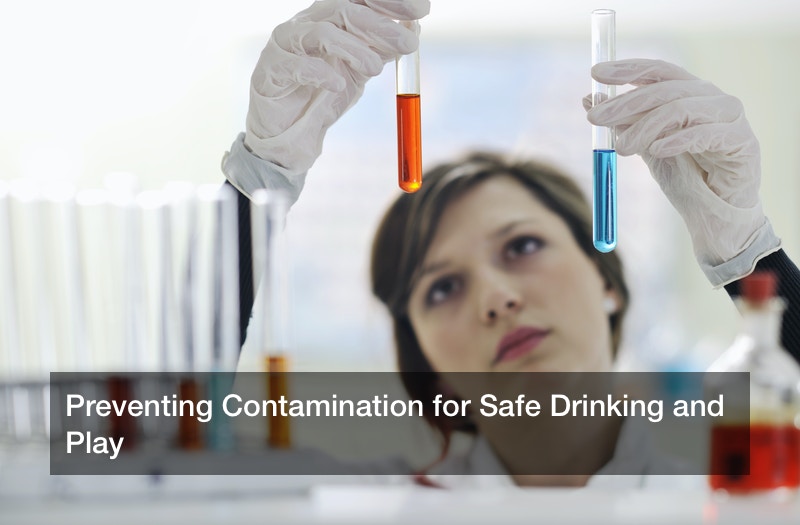

Water is essential for life, but it can also become a source of danger if not properly managed. The safety of our drinking water and recreational water spaces is threatened by various types of contamination, making awareness and prevention of water pollution critical. Waste contamination can occur from numerous sources, including industrial runoff, agricultural practices, and improper disposal of hazardous materials. When these contaminants seep into our water supply, they render it not drinkable, posing serious health risks to individuals and communities alike.
Direct contamination is a pressing issue, often caused by human activities such as littering, chemical spills, or even natural disasters that disturb the environment. Understanding the different contamination types— biological, chemical, or physical—is important for effective prevention and remediation efforts. For instance, soil contaminants can migrate into groundwater, further complicating the challenge of maintaining clean water sources.
By learning about the origins and impacts of water contaminants, we can take proactive steps to protect our drinking water and recreational areas. This article exposes the various forms of contamination, their implications, and the measures we can take to ensure that our water remains safe for both drinking and playing. Join us as we explore practical solutions and strategies to combat water pollution and safeguard our precious resources for future generations.
By finding the perfect water solutions, scientists are changing the way that we see clean water. Water solutions are out there so that we can get back to enjoying fresh and clean water as well as that in which our children play and leap in. Clean water is important for many aspects of our lives, which is why a fresh water solution as well as environmental remediation services, monitoring, and management are important and necessary.
The Impact We Have Had on Our Fresh Water
The water that we drink and use for things like dishes, bathing and more is not as clean as it could be, which is why we need to start taking proper strides toward cleaning our ground water and making safe drinking water for our children now and in the future. Did you know that ground water accounts for over 95% of our fresh water resources across the world? It is also the drinking source for over half of the people who live in the U.S., which is why we need to ensure that it is always safe from contamination.
Ground water, which many people rely on for drinking and many other aspects, has been adversely impacted by waste sites and more. In fact, about 80% of the hazardous waste sites in the U.S. have adversely impacted the quality of nearby ground water. Close to 70% of industrial waste is actually dumped into water bodies where it then pollutes the water supply that we rely on for drinking bathing, and more. Only 3% of the water that we have on Earth today is fresh water and the rest is not, which means that we could be running low on resources and run out of ideas on where to turn if we do not act.
Treatments are needed for our water due to how often contamination takes place. Every single year, many chemical spills take place that lead to groundwater pollution that can adversely impact us as Americans. Approximately 16,000 chemical spills take place every year due to trucks, trains, storage tanks, and more. There are some methods that are used for removing contaminants from water including granulated activated carbon, non-regenerating synthetic resins, and more. Waste treatments work to remove nearly 90% of pollutants from our water before it is then treated and disinfected into the local waterways, safe for us to enjoy in a variety of ways.
Because only about 1% of the Earth’s water is currently suitable for drinking, it is important that we do more to ensure that we care for the water that we have left across our world. Through groundwater treatment and remediation, we can make better decisions about the water we have left and how we are going to keep it safe from harm.






